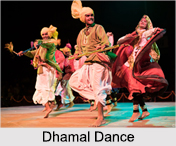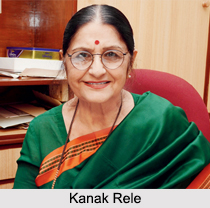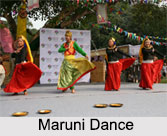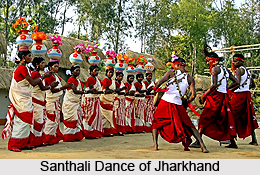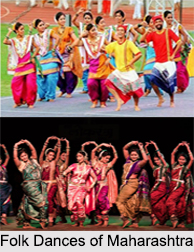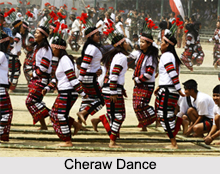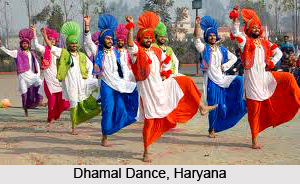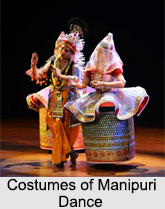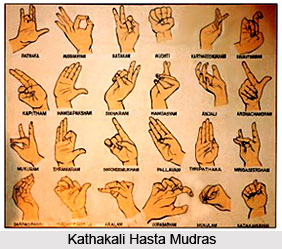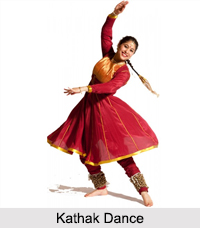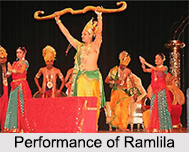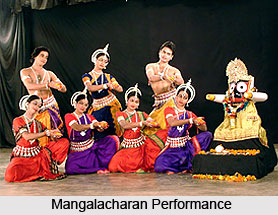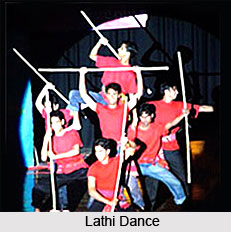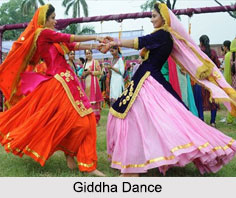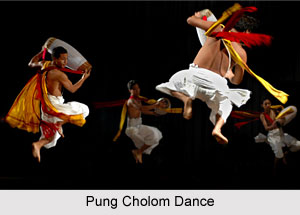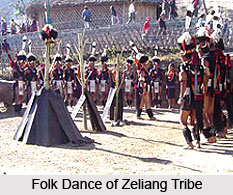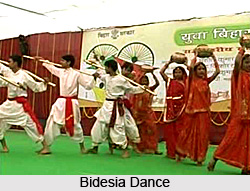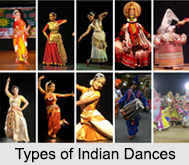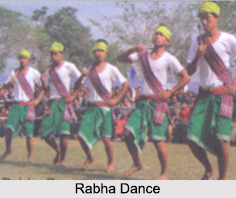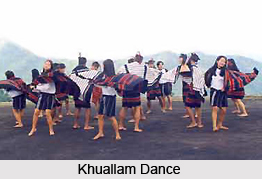 Khuallam dance is a folk dance practiced in the Mizoram state of India. This dance can be termed as a community dance. Khuallam dance is usually performed during the ceremony of `Khuangchawi`. This folk dance has religious significance and is very important for the Mizo people. Every year, tourists from various distant places visit this North Indian state only to witness the occasion.
Khuallam dance is a folk dance practiced in the Mizoram state of India. This dance can be termed as a community dance. Khuallam dance is usually performed during the ceremony of `Khuangchawi`. This folk dance has religious significance and is very important for the Mizo people. Every year, tourists from various distant places visit this North Indian state only to witness the occasion.
Etymology of Khuallam Dance
Literally, the terms "Khual" and "lam" mean guest and dance respectively. So, Khuallam can be defined as `Dance of the Guests`.
History of Khuallam Dance
In the earlier days, the people of Mizoram believed that the soul, after death goes either to `Pialral` (paradise), or `Mitthi Khua` (hell). According to local mythological story of Mizoram, one achieves a place in the paradise only after acquiring the title of Thangchhuah. This title can be achieved by mastering either hunting or dancing. A master warrior is also considered suitable for the title. All these creative forms that are performed by the people to gain the title of Thangchhuah give birth to the occasion of Khuangchawi in Mizoram. While performing this occasion, one has to invite relatives from the neighbouring villages.
Performance of Khuallam Dance
During the `Khuangchawi` ceremony, the invited guests enter the area performing Khuallam. Usually, Khuallam dance in Mizoram is performed in large numbers. Interested participants enthusiastically participate in the dance to prove their mettle. The interesting fact associated with this dance is that no songs accompany the dance. The dance is performed with the accompaniment of the sounds of gongs locally known as "darbu`.
Costumes of Khuallam Dance
For this dance, the performers wear special hand woven traditional clothes. These are generally called as Puandum and every Puandum is wrapped over the shoulders of the performers. While performing the various dancing steps, one can also see their colourful costumes swaying, which have black, red, yellow and green coloured stripes on them. These typical costumes are very much significant in their culture, as every girl has to take it along with her after getting married. If ever she becomes a widow, then this cloth is used for covering her husband"s dead body.
